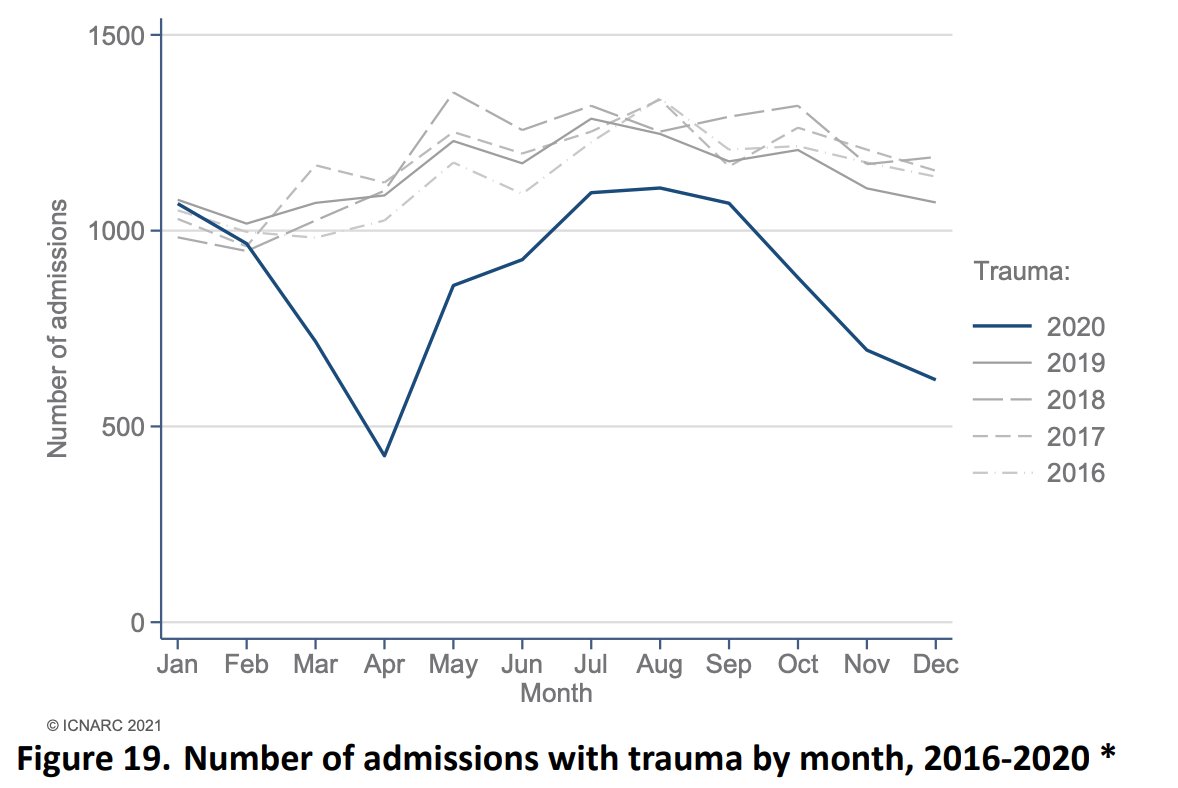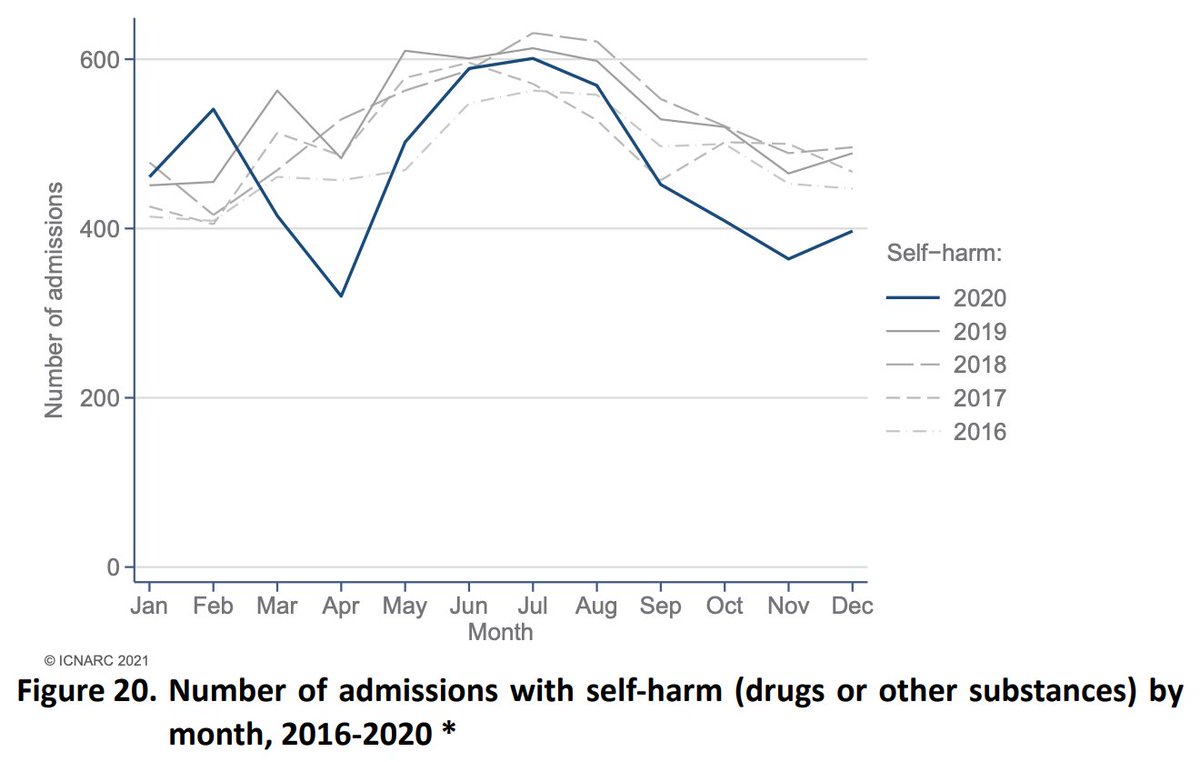
Two great papers out today on how to improve compliance with restrictions and thus make real, lasting inroads against viral transmission, getting us out of the tunnel faster.
Turns out the answer is not blunt instruments, slogans, threats and fines (who knew?)
Micro-thread:
Turns out the answer is not blunt instruments, slogans, threats and fines (who knew?)
Micro-thread:
1) @mugecevik and co on how you can’t threaten/fine your way to adherence bmj.com/content/372/bm…
Transmission risk is highest in poorer communities who face pressures *not* to isolate. Trials show: when offered support, people are more likely to report contacts & seek isolation
Transmission risk is highest in poorer communities who face pressures *not* to isolate. Trials show: when offered support, people are more likely to report contacts & seek isolation
2) A large survey by @BaharTuncgenc and co finds that when encouraging people to follow Covid guidance, positive messages and social encouragement work better than threatening or negative messages theconversation.com/why-were-more-…
I particularly love this line:
I particularly love this line:

Simple conclusions
• Positive messaging & role models = most effective way to get people to follow guidelines (not outdoor maskless shaming, who knew?)
• Where people’s circumstances put them at high risk of infection, support (and not just £$) works better than fines & threats
• Positive messaging & role models = most effective way to get people to follow guidelines (not outdoor maskless shaming, who knew?)
• Where people’s circumstances put them at high risk of infection, support (and not just £$) works better than fines & threats
Test, trace & isolate can’t reduce transmission when people are not empowered to trace (report contacts) or isolate
Social distancing will be hampered if people are harangued rather than given positive examples
If we don’t learn this, we delay the return of crowds, hugs & jobs.
Social distancing will be hampered if people are harangued rather than given positive examples
If we don’t learn this, we delay the return of crowds, hugs & jobs.
• • •
Missing some Tweet in this thread? You can try to
force a refresh













